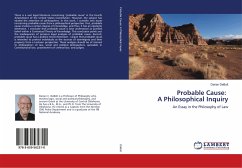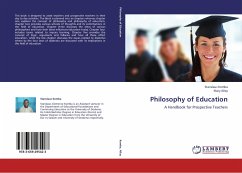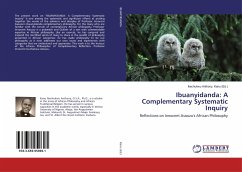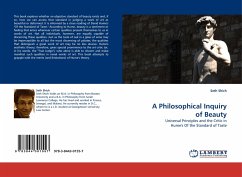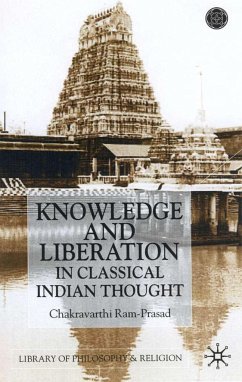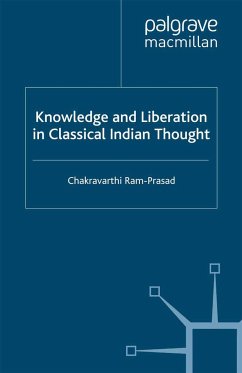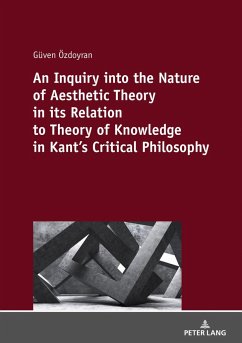
An Inquiry Into Mental Variation
Versandkostenfrei!
Versandfertig in 6-10 Tagen
51,99 €
inkl. MwSt.

PAYBACK Punkte
26 °P sammeln!
This book examines the method of mental variation, traditionally used predominantly in phenomenology and philosophy of science. The chapters include a discussion of Locke's understanding of how the mind works, and the possible role of variation in the empiricist model of acquisition of knowledge as well a discussion of Husserl's idea of free variation, and Reinach's extension of Husserl's method. Finally, there is a discussion of variation in Cognitive Science as well as a discussion of Ernest Mach's understanding of variation in thought experiments.





